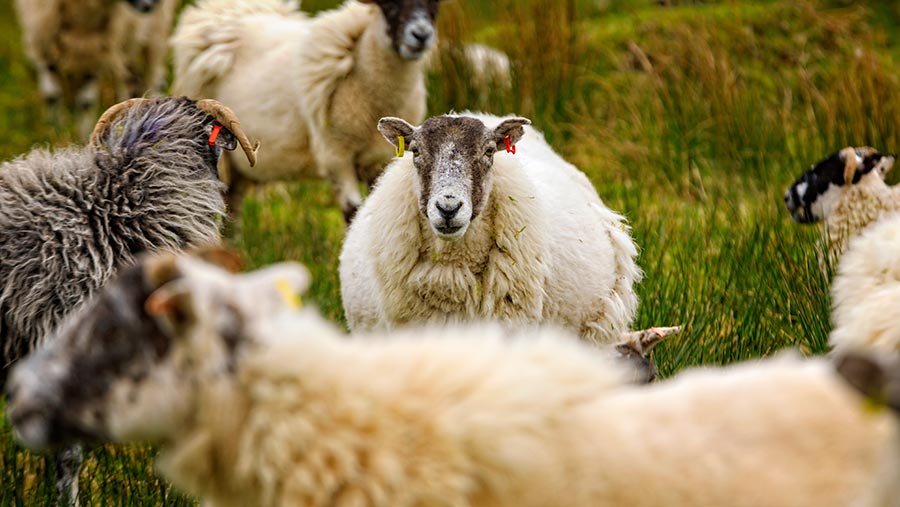Scots government dismisses calls to update LFA support
 © Gaps Photography/Adobe Stock
© Gaps Photography/Adobe Stock Scottish rural affair secretary Mairi Gougeon has dismissed calls by NFU Scotland (NFUS) to change the way the £65.5m Less Favoured Areas Support Scheme (LFASS) is calculated, saying that to change it now would be a waste of resources.
The current scheme delivers payments worth about £34/ha to farmers for less disadvantaged land and £52/ha on more disadvantaged land, resulting in an average payment of about £5,640 for farmers.
See also: Scots demand 80% of future funding goes to farmers as direct payments
But individual LFASS payments are based on historic livestock numbers – principally the numbers of cattle and sheep kept on specific holdings in 2009 (though with certain provisions for new entrants).
With LFASS set to continue until 2026, and with the Scottish government hinting at potential changes to the scheme for 2025, NFU Scotland says the time has come to rebase the entire LFASS calculation.
This would take account of the fact many businesses have restructured over the past 13 years, with some increasing livestock numbers and others reducing them.
NFUS believes LFASS payments should now be based on the number of cattle and sheep gathered for 2022.
“Rebasing provides a way of better targeting that precious LFASS pot, particularly given that its real value has eroded over time as input costs have soared,” said NFUS LFA committee chairman Peter Kennedy.
But Ms Gougeon has issued a firm rebuttal.
“The importance of supporting our producers on our most constrained land is very well understood,” she said.
“We are committed to a thriving rural Scotland, and we are working with all stakeholders to ensure that our remote communities are supported through the new framework.
“The Less Favoured Area Support Scheme is expected to continue to 2026. However, to rebase the scheme now would be a costly and resource-intensive exercise that would deliver little in terms of benefit, and would detract from work on a future replacement.
“It is right that we focus collective efforts on ensuring that support for constrained areas is the most effective it can be in the new support framework.”
